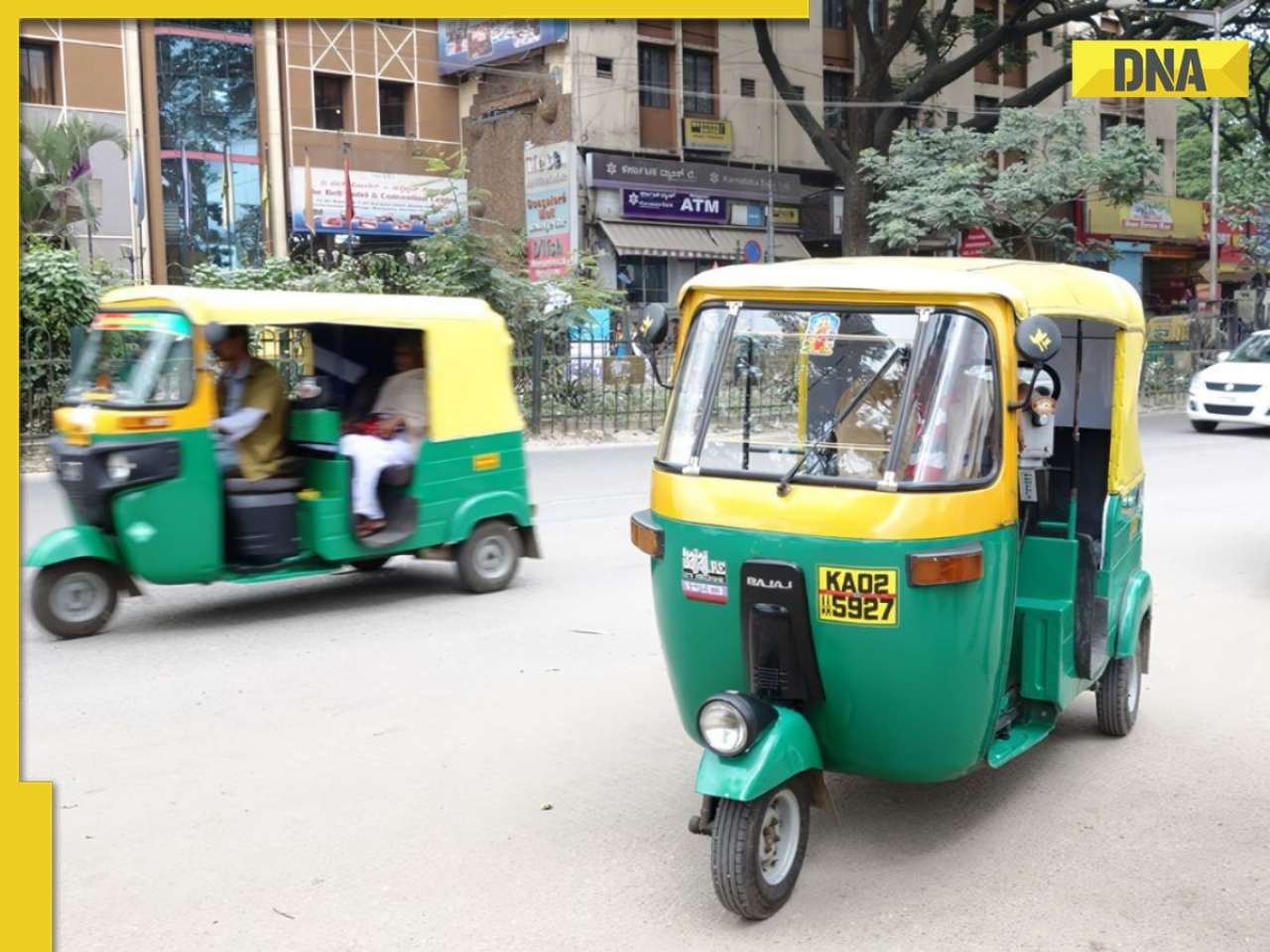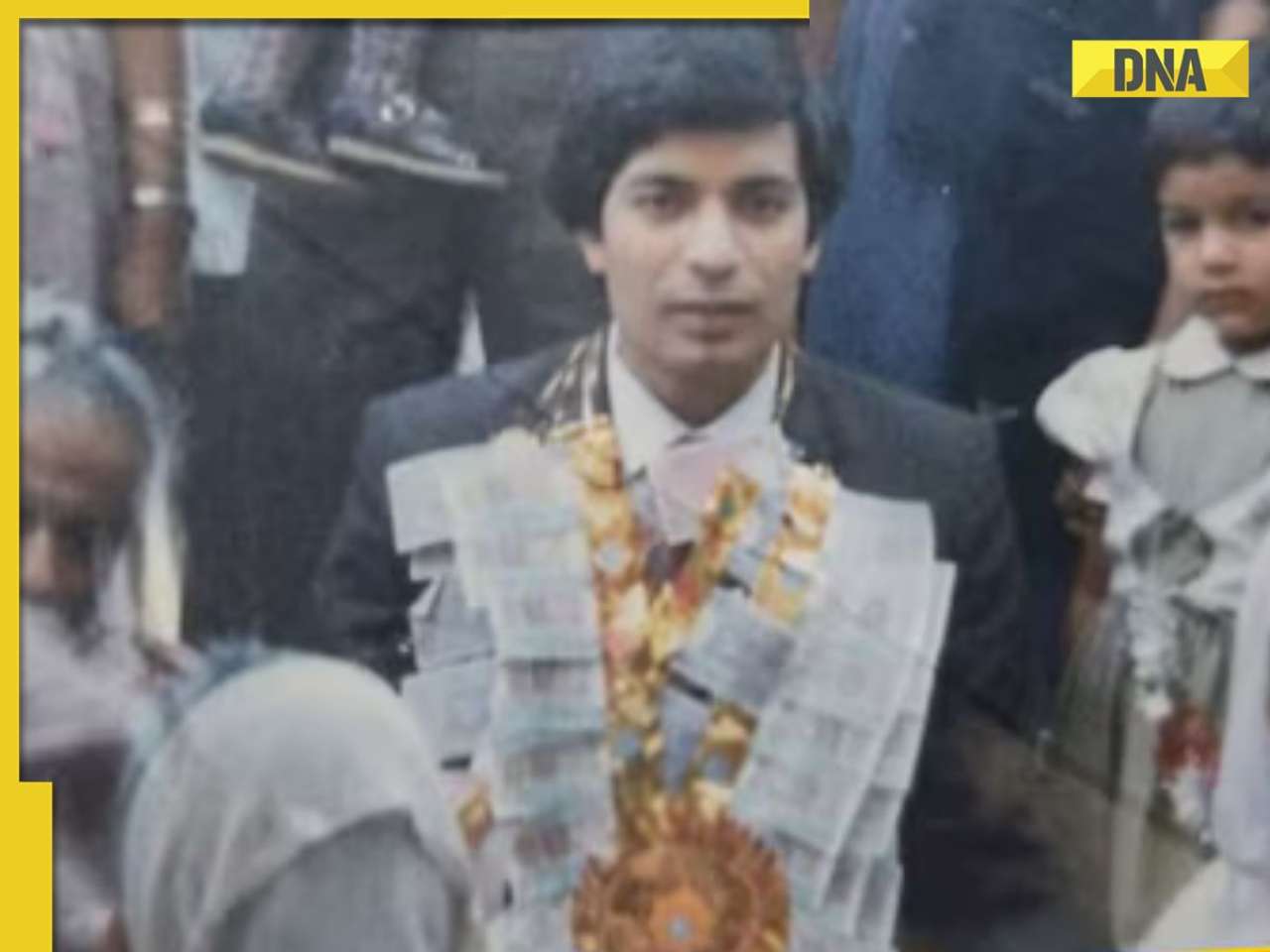Jamshedji leased an English ship called 'Annie Barrow' at a fixed rate of 1,050 pounds per month, making it the first vessel of his new shipping company, which he named 'Tata Line'.
Jamshedji Tata founded 'Tata Line' to challenge the monopoly of the British shipping company 'P&O.' During the 1880s and 1890s, P&O was the dominant shipping line for exports from India, enjoying the support of the British Indian government. The company had a monopoly on shipping from India and charged exorbitant rates to Indian merchants, while offering favorable discounts to British and Jewish companies. At the time, Jamshedji Tata was involved in the textile business. He was deeply troubled by P&O's discriminatory practices against Indian traders and saw it as a grave injustice. This motivated him to establish India's shipping line.
Jamshedji Tata travelled to Japan to negotiate with Nippon Yusen Kaisha (NYK), Japan's largest shipping line, for a collaboration. NYK agreed to partner on the condition that Jamshedji would share equal risk in the new venture and operate the ships himself. Consequently, Jamshedji leased an English ship called 'Annie Barrow' at a fixed rate of 1,050 pounds per month, making it the first vessel of his new shipping company, which he named 'Tata Line'. This venture marked the Tata Group's first business endeavor under the Tata name.
Jamshedji believed that this enterprise would not only benefit his textile business but also help the entire Indian textile industry. While P&O charged 19 rupees per ton for shipping, Tata Line offered a much lower rate of 12 rupees per ton. Jamshedji hoped that these lower rates would break P&O's monopoly. He later leased another ship, 'Lindisfarne,' and these ships operated on the Bombay (now Mumbai)-China-Japan route. The Indian media praised Jamshedji for his bold initiative.
When P&O learned about Tata Line and its competitive rates, the company announced a reduction in its shipping charges by 1.8 rupees per ton. However, P&O imposed a condition that merchants could only avail of this reduced rate if they signed an agreement not to use Tata Line or NYK-affiliated ships. Additionally, P&O offered some select traders free shipping of their cotton to Japan and began spreading rumors that Tata Line's ship 'Lindisfarne' was unfit for transporting cotton.
Jamshedji raised concerns with the British Indian government about P&O's unfair practices but to no avail.
Gradually, Mumbai's cotton mills started withdrawing their contracts with Tata Line. Jamshedji warned that if his shipping company ceased operations, P&O would likely increase its rates again. The "freight war" between Tata Line and P&O became a hot topic in the newspapers. Anonymous letters were published in local papers questioning Jamshedji's patriotic motives for starting Tata Line.=Jamshedji had already invested over 100,000 rupees into Tata Line, and the business was incurring monthly losses amounting to tens of thousands of rupees—a significant sum in the 1890s. Faced with growing financial strain, Jamshedji reflected deeply on the situation. Ultimately, he concluded that Tata Line had no sustainable or viable path forward. Recognizing that closing the company could damage his reputation as a successful entrepreneur, Jamshedji nevertheless made the difficult decision to shut down Tata Line. The leased ships were returned to England, and the company was dissolved.
Interestingly, in 2007, the Tata Group and Japan's NYK Shipping once again joined forces. Tata Steel, a subsidiary of the Tata Group, and NYK Line entered into a 50:50 partnership to launch a shipping company named Tata NYK Shipping Pte Ltd.
Find your daily dose of All
Latest News including
Sports News,
Entertainment News,
Lifestyle News, explainers & more. Stay updated, Stay informed-
Follow DNA on WhatsApp.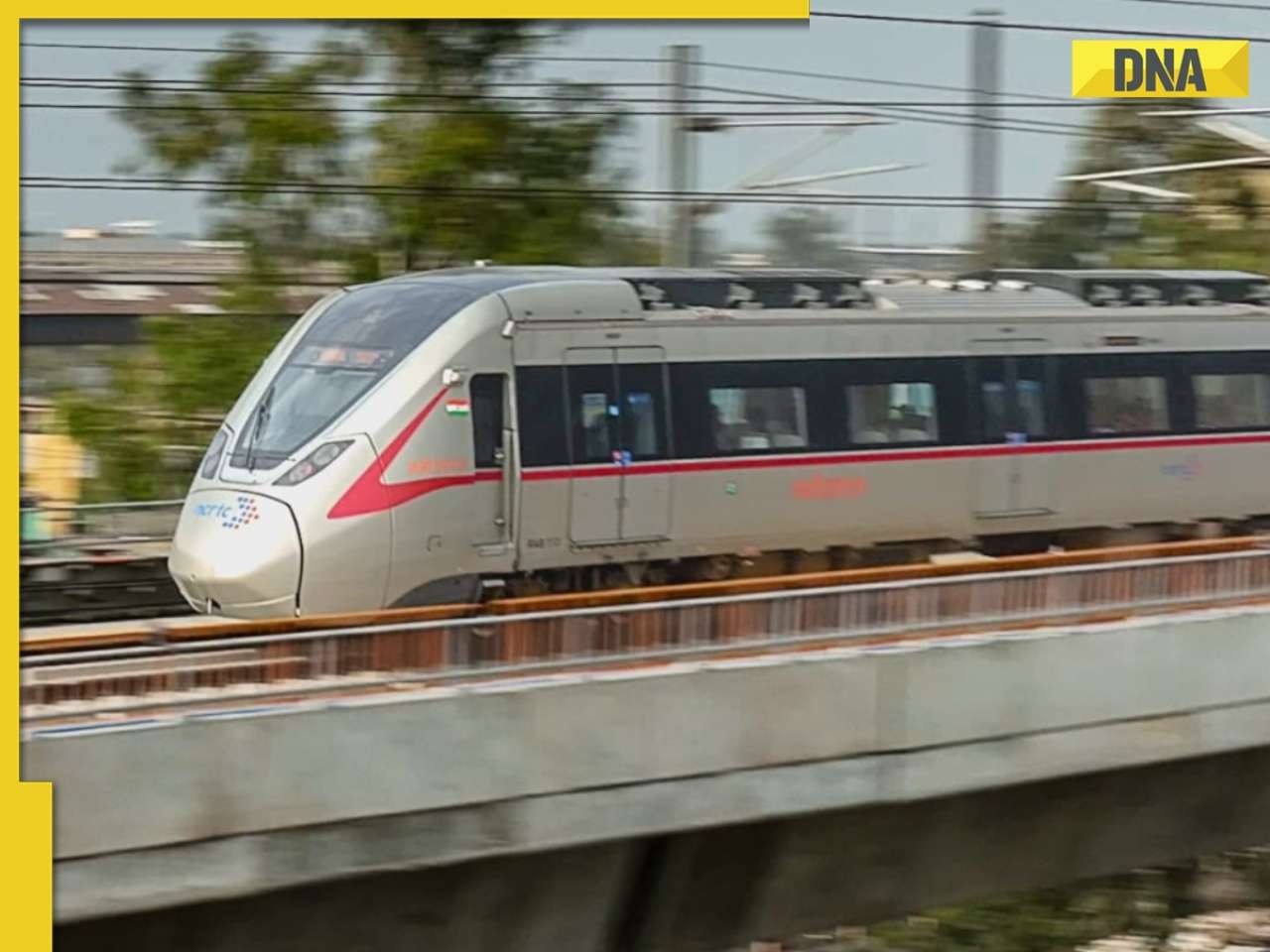 Delhi-Meerut RRTS: Good news for commuters as 3 more Namo Bharat stations to be operational soon, they are...
Delhi-Meerut RRTS: Good news for commuters as 3 more Namo Bharat stations to be operational soon, they are... Wearing jeans can get you jailed in THIS country, fashion is treated like crime here due to...
Wearing jeans can get you jailed in THIS country, fashion is treated like crime here due to... 'Disgusting...': Rupali Ganguly condemns demolition of Satyajit Ray’s home by Bangladesh govt, says 'under so-called...'
'Disgusting...': Rupali Ganguly condemns demolition of Satyajit Ray’s home by Bangladesh govt, says 'under so-called...' Mujib, Tagore, Satyajit Ray! Why is Muhammad Yunus' Bangladesh bent on demolishing icons of Bengali culture?
Mujib, Tagore, Satyajit Ray! Why is Muhammad Yunus' Bangladesh bent on demolishing icons of Bengali culture?  Good news for TCS employees as Ratan Tata's firm announces 100 percent variable pay for THESE employees, check here
Good news for TCS employees as Ratan Tata's firm announces 100 percent variable pay for THESE employees, check here  7 mesmerising images of star formation captured by NASA
7 mesmerising images of star formation captured by NASA What is brain fog? 7 Ways to overcome it
What is brain fog? 7 Ways to overcome it Sawan 2025: Move beyond Tip Tip Barsa Paani, this rainy season groove on these sizzling songs
Sawan 2025: Move beyond Tip Tip Barsa Paani, this rainy season groove on these sizzling songs Kang Seo‑ha to Kim Sae‑ron: K‑drama, K-pop icons we lost recently
Kang Seo‑ha to Kim Sae‑ron: K‑drama, K-pop icons we lost recently Our Golden Days, My Lovely Journey, Beyond the Bar: 8 must-watch K-dramas in August 2025
Our Golden Days, My Lovely Journey, Beyond the Bar: 8 must-watch K-dramas in August 2025 Nimisha Priya Case: Who Was Talal Abdo Mahdi? Inside The Tragic Story Behind Nimisha Priya’s Case
Nimisha Priya Case: Who Was Talal Abdo Mahdi? Inside The Tragic Story Behind Nimisha Priya’s Case US News: Trump Confident On India Trade Deal | “We’re Going to Have Access Into India" | PM Modi
US News: Trump Confident On India Trade Deal | “We’re Going to Have Access Into India" | PM Modi CDS Anil Chauhan On Op Sindoor: Pakistani Drones Neutralised Using Kinetic, Non-Kinetic Tactics
CDS Anil Chauhan On Op Sindoor: Pakistani Drones Neutralised Using Kinetic, Non-Kinetic Tactics Nimisha Priya Case: Grand Mufti In Talks With Yemen Scholars, Urges For Release Of Indian National
Nimisha Priya Case: Grand Mufti In Talks With Yemen Scholars, Urges For Release Of Indian National Nimisha Priya Case: How Nimisha Priya’s Life Took a ‘Dark Turn’ | From Nurse to Death Row In Yemen
Nimisha Priya Case: How Nimisha Priya’s Life Took a ‘Dark Turn’ | From Nurse to Death Row In Yemen Good news for TCS employees as Ratan Tata's firm announces 100 percent variable pay for THESE employees, check here
Good news for TCS employees as Ratan Tata's firm announces 100 percent variable pay for THESE employees, check here 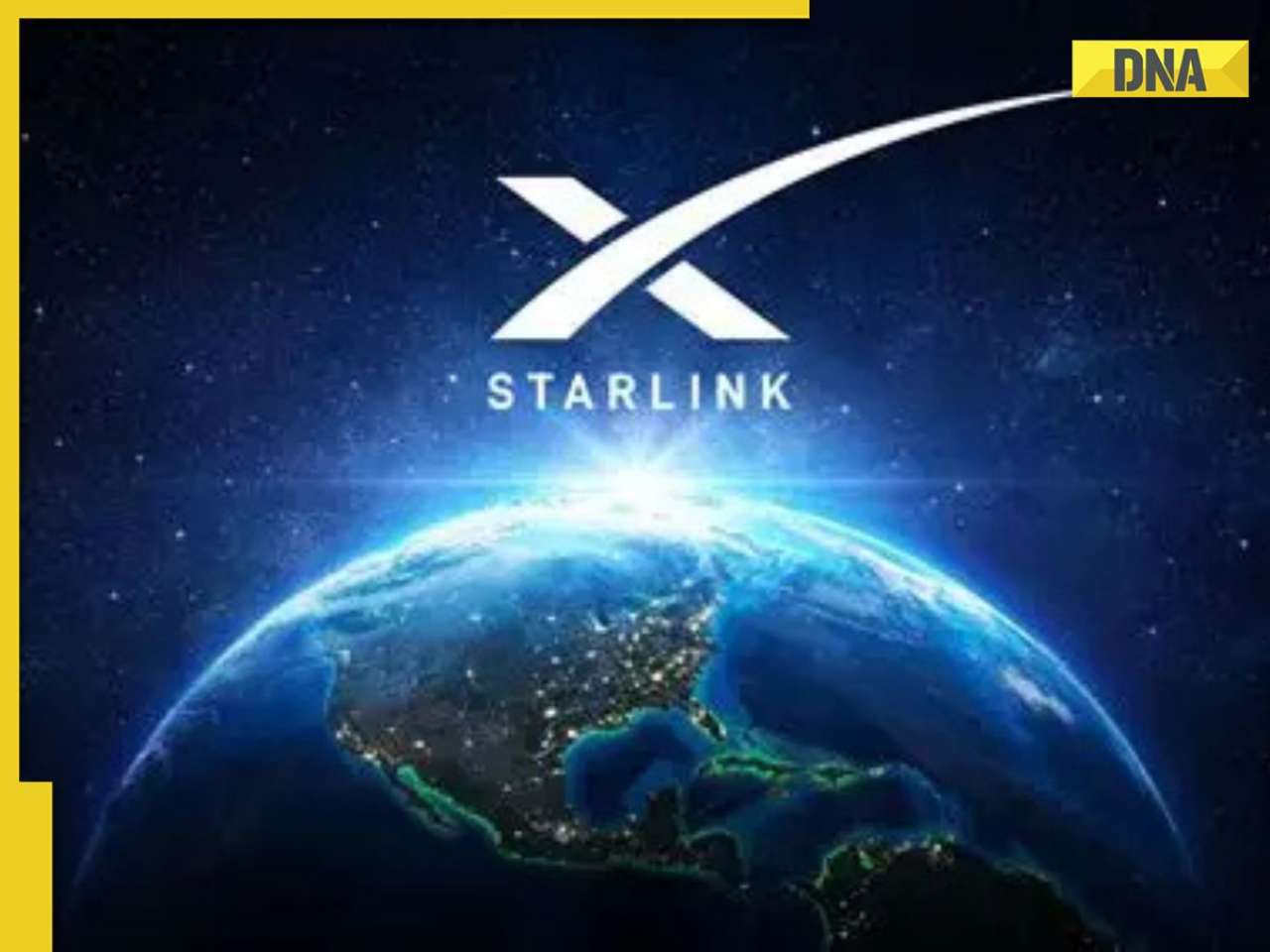 After approval, Starlink to offer fastest internet speed ranging from..., know what more it offers in India
After approval, Starlink to offer fastest internet speed ranging from..., know what more it offers in India 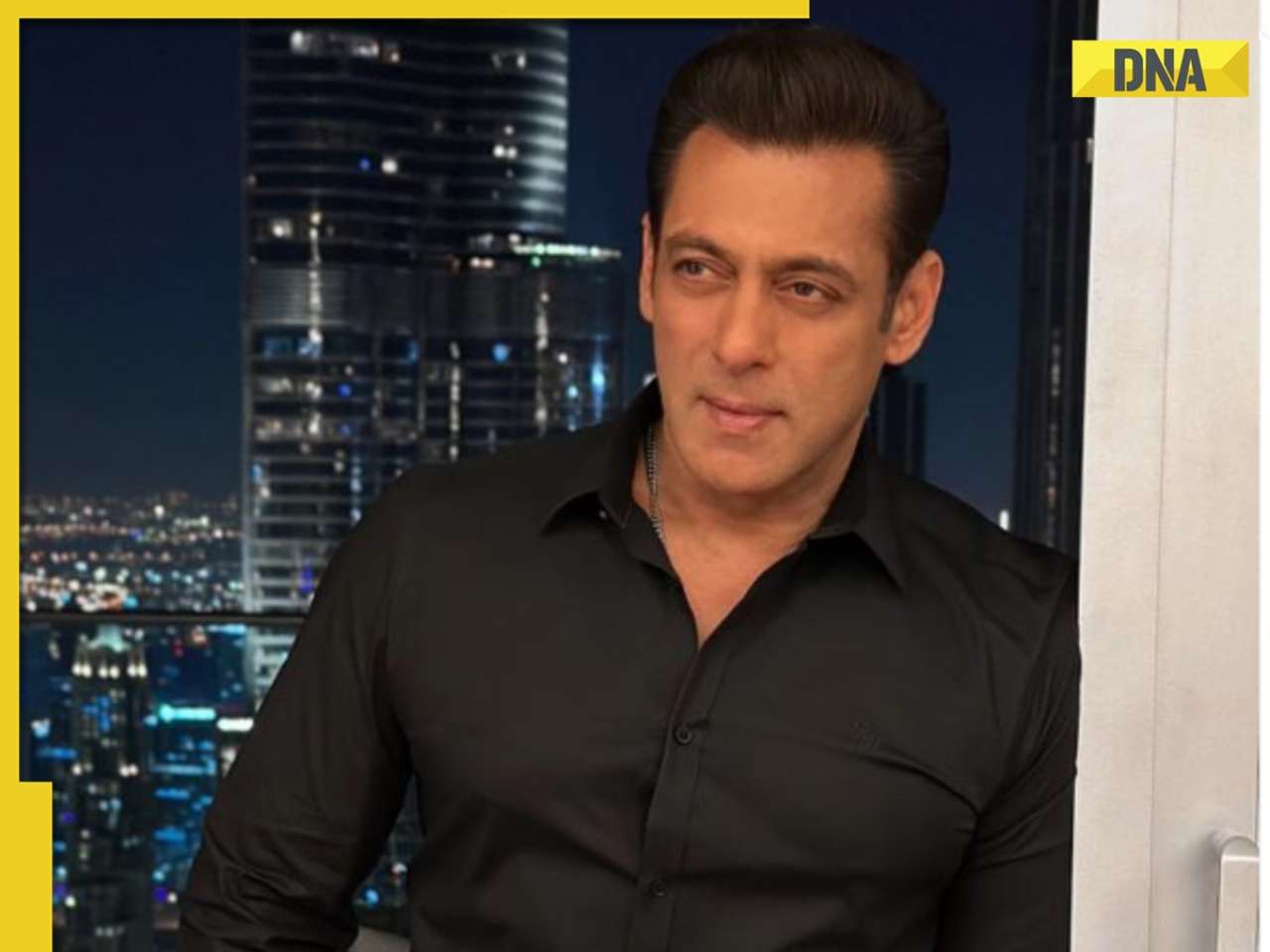 Salman Khan makes BIG move, sells his 1318 sq ft apartment for Rs...; it is located in...
Salman Khan makes BIG move, sells his 1318 sq ft apartment for Rs...; it is located in... Tesla vs BYD: Long before Tesla’s entry in India, BYD introduced self-driving tech in budget cars, will now integrate DeepSeek in entry level cars
Tesla vs BYD: Long before Tesla’s entry in India, BYD introduced self-driving tech in budget cars, will now integrate DeepSeek in entry level cars 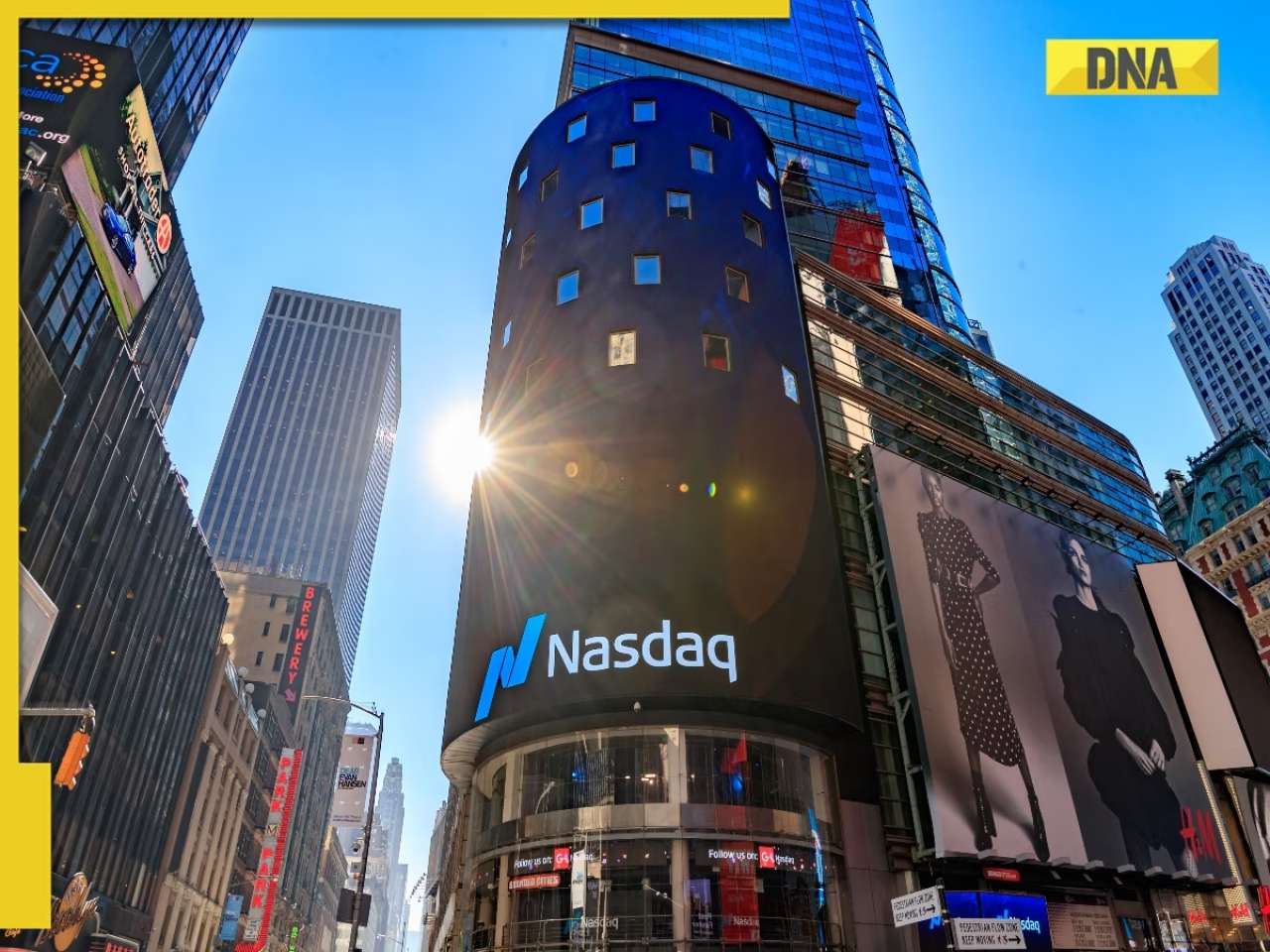 Not Elon Musk's Tesla, Apple: Most bought US stocks by Indians in last 3 months are...
Not Elon Musk's Tesla, Apple: Most bought US stocks by Indians in last 3 months are... From Sheila Ki Jawani, Kala Chashma to Kamli: Katrina Kaif unforgettable dance numbers
From Sheila Ki Jawani, Kala Chashma to Kamli: Katrina Kaif unforgettable dance numbers  Is Katrina Kaif 'Runaway Bride' of Bollywood? 5 times actress has run away from weddings in films
Is Katrina Kaif 'Runaway Bride' of Bollywood? 5 times actress has run away from weddings in films World Snake Day 2025: Why are cobras the most dangerous snakes? List of world's 10 deadliest snakes
World Snake Day 2025: Why are cobras the most dangerous snakes? List of world's 10 deadliest snakes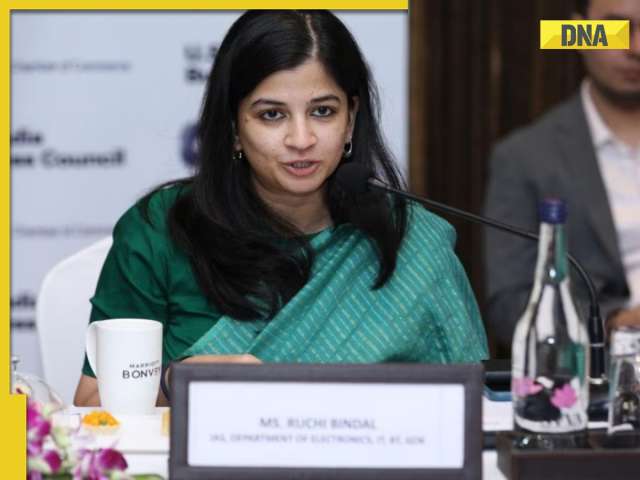 Meet woman who failed four times in UPSC exam and finally cracked it with AIR..., is now CEO of...
Meet woman who failed four times in UPSC exam and finally cracked it with AIR..., is now CEO of... 10 countries with most beautiful women in the world, Russia, USA, Greece, make it to the list, you won’t believe who’s number 1
10 countries with most beautiful women in the world, Russia, USA, Greece, make it to the list, you won’t believe who’s number 1 Delhi-Meerut RRTS: Good news for commuters as 3 more Namo Bharat stations to be operational soon, they are...
Delhi-Meerut RRTS: Good news for commuters as 3 more Namo Bharat stations to be operational soon, they are... From ragi idli to jowar upma, grilled fish with veggies: Check what's on Parliament's new 'health menu' for MPs
From ragi idli to jowar upma, grilled fish with veggies: Check what's on Parliament's new 'health menu' for MPs  Delhi-NCR news: All Ghaziabad schools to remain shut for 7 days from tomorrow due to...; check details
Delhi-NCR news: All Ghaziabad schools to remain shut for 7 days from tomorrow due to...; check details Why is water turning against us? A story of floods, a warming world, and a question for every generation
Why is water turning against us? A story of floods, a warming world, and a question for every generation Axiom-4 Mission: After returning to Earth from ISS, Shubhanshu Shukla will forget THESE things, check full list here
Axiom-4 Mission: After returning to Earth from ISS, Shubhanshu Shukla will forget THESE things, check full list here Meet woman, daughter of DTC bus driver, a JNU alumna who battled financial woes, later cracked UPSC with AIR..., she is...
Meet woman, daughter of DTC bus driver, a JNU alumna who battled financial woes, later cracked UPSC with AIR..., she is... Meet woman, DU grad, who cleared UPSC in her last attempt with AIR..., later became IAS officer, is 'perfect example of beauty with brain', she is...
Meet woman, DU grad, who cleared UPSC in her last attempt with AIR..., later became IAS officer, is 'perfect example of beauty with brain', she is... CBSE pushes for 'Oil Boards’, healthy meals in new circular to schools: Check details
CBSE pushes for 'Oil Boards’, healthy meals in new circular to schools: Check details This college records Rs 10000000 placement package for 2025 batch, not IIT Delhi, IIT Bombay, IIM Ahmedabad, it is...
This college records Rs 10000000 placement package for 2025 batch, not IIT Delhi, IIT Bombay, IIM Ahmedabad, it is... Meet man, who worked as waiter, later cracked UPSC exam in 7th attempt with AIR...
Meet man, who worked as waiter, later cracked UPSC exam in 7th attempt with AIR... This luxury car is first choice of Indians, even left BMW, Jaguar, Audi behind in sales, it is...
This luxury car is first choice of Indians, even left BMW, Jaguar, Audi behind in sales, it is... Kia India unveils Carens Clavis: Check features, design changes, price and more; bookings open on...
Kia India unveils Carens Clavis: Check features, design changes, price and more; bookings open on... Tesla CEO Elon Musk launches most affordable Cybertruck, but it costs Rs 830000 more than older version, it is worth Rs...
Tesla CEO Elon Musk launches most affordable Cybertruck, but it costs Rs 830000 more than older version, it is worth Rs...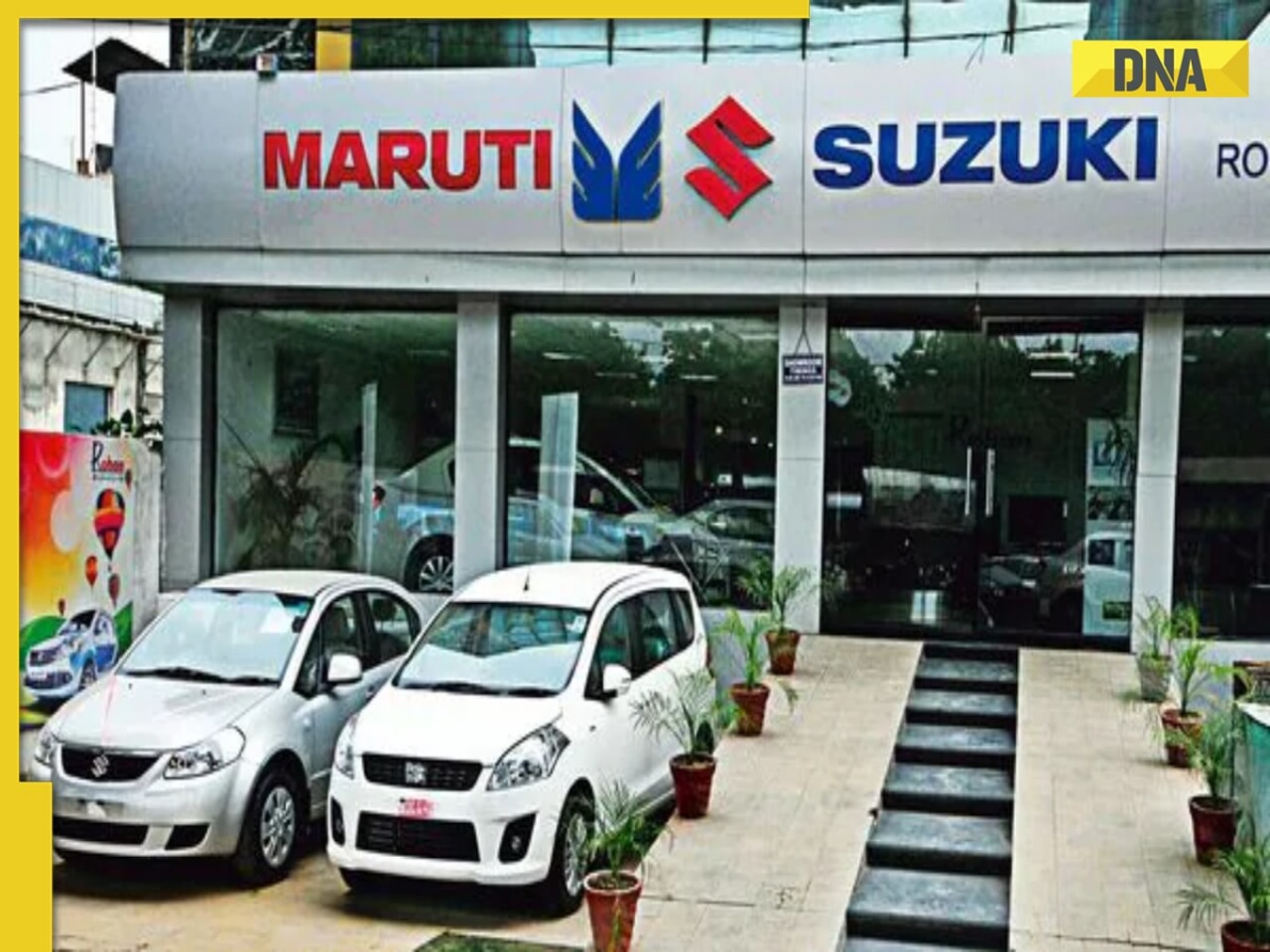 Planning to buy a Maruti Suzuki car? Prices set to rise by 4% from...
Planning to buy a Maruti Suzuki car? Prices set to rise by 4% from... Audi launches Audi RS Q8 2025 in India: Know price, specifications and unique features
Audi launches Audi RS Q8 2025 in India: Know price, specifications and unique features 





)
)
)
)
)
)
)
)
)
)
)
)
)
)
)
)
